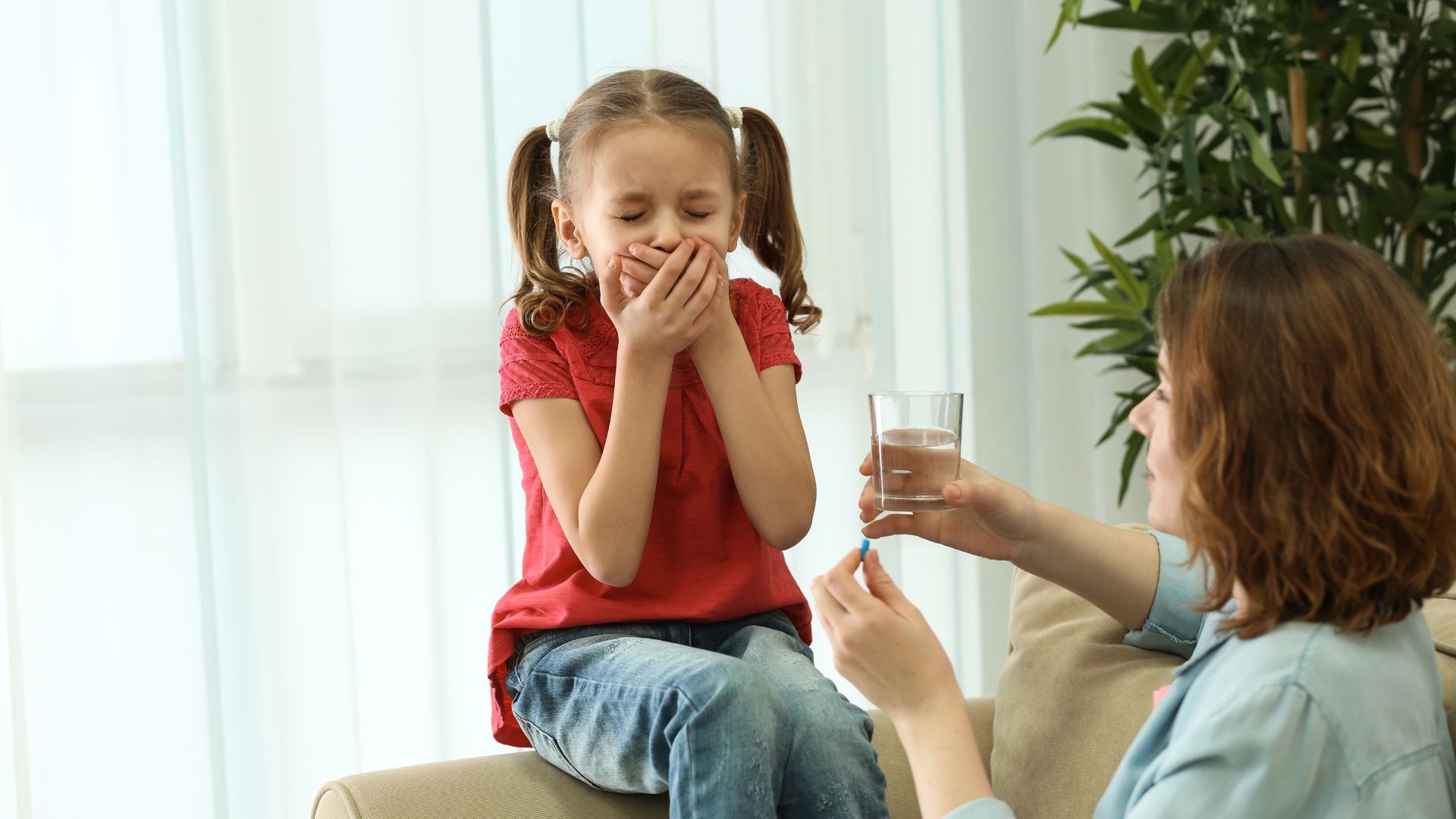For more than a decade, parents have come into my office and provided assessments, reports, diagnoses, and treatment plans regarding their children. Most often, they still really aren’t sure that they agree or accept everything that has been laid out on the table about their child, but they are coming to me for help. Many times, they have already had their child on medication of some kind and didn’t like the side effects or felt that it wasn’t a good fit. Others have been told that medication was necessary, and they are hoping that I can offer a different approach.
In an article that came out last month, the numbers of kids on psychiatric drugs are staggering: According to IMS Health, one of the largest healthcare information providers in the world, there are more than 8 million kids on psychiatric drugs in the United States. Over 1 million of these children are 5 years old or younger!
The same study reported that only 10 percent of children on these medications are “taking anti-psychotics designed for schizophrenia and related disorders, compared – for example – with 4 million being treated for ADHD.”
Interestingly, play therapy has been found effective with issues ranging from something as simple as not following directions to complicated diagnoses such as Obsessive Compulsive Disorder, ADHD, and Pervasive Developmental Disorder.
Temporary Struggles
Kids will often come to see me for the first time meeting diagnostic criteria for one or several diagnoses – but after play therapy, they no longer do. Actually, I have never had a parent or a child still choose to pursue medication after completing play therapy treatment. Once the social, emotional, and behavioral elements are processed and addressed in the play rooms, the child is healthier and happier.
Play Therapy Intervention
Although it sounds simple, it is actually quite complex and challenging work that takes place in the play room. Both the child and I work very hard to make sense of and overcome issues and concerns each week. But, when children are given the time, tools, and opportunity to work through their confusion, limitations, and frustrations, play gives them a language when they don’t have the words.
No Medication Needed
Play therapy gives kids the opportunity to conquer their greatest difficulties without medications that influence personality, alter brain chemistry, and produce side effects. We know that children’s brains are fluid into their twenties, so it is important to recognize the possible longterm ramifications to psychiatric medications early in childhood. Plus, medication covers over the underlying issue by merely masking the symptoms. Play therapy allows the child to build skills, tools, and resources to effectively handle challenges, both now and in the future.
There are obviously certain instances when medication is necessary or warranted, such as chemical imbalances or severe psychiatric disorders. However, these cases are extremely rare. The majority of kids who are struggling with their emotions or behaviors, whose parents or teachers are looking for a “quick fix” in a pill, are more than likely just in need of a play room and a play therapist to walk the healing journey with them.
Like I always tell parents in the initial consultation – “If you pursue play therapy first, you can always decide at the end of treatment if you still believe that medication is necessary.” The same parents, their child, and I are always very excited and proud when the answer is no several months down the road.

